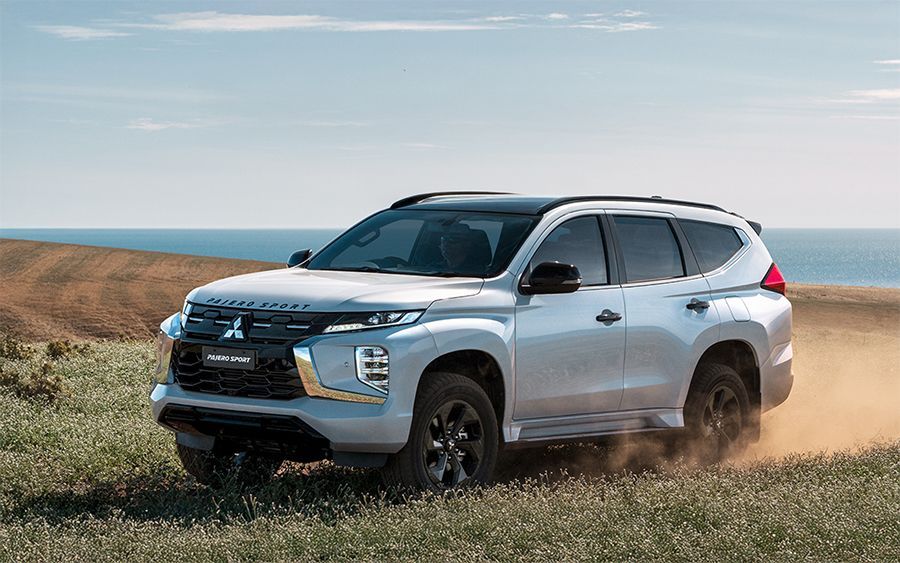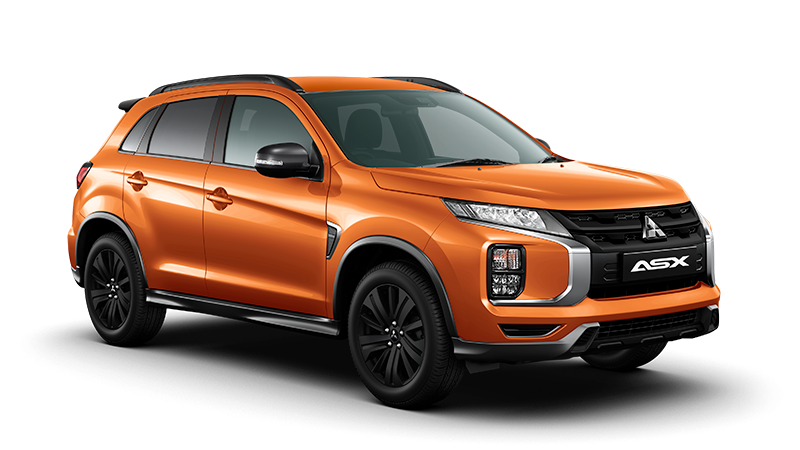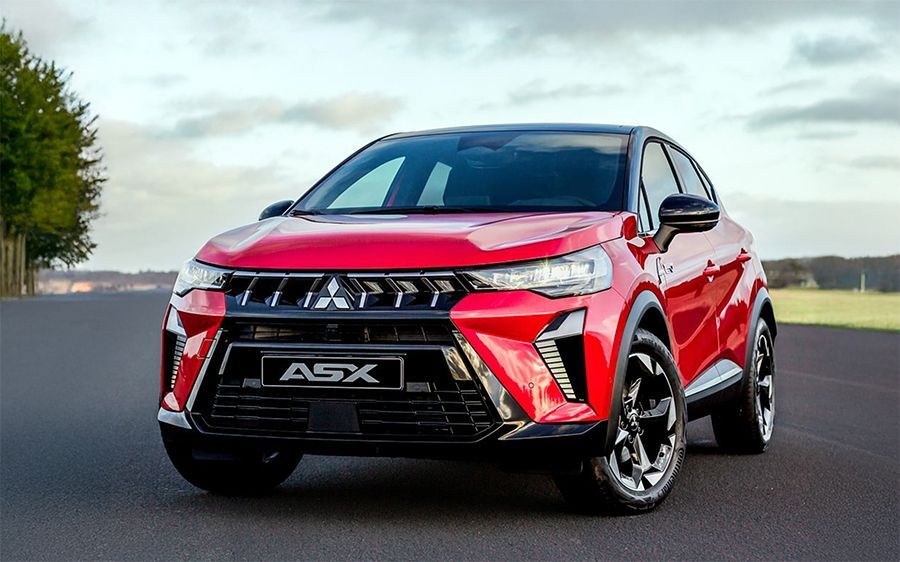Farewell to The Mitsubishi Favourites
Mitsubishi has dropped a bombshell, announcing the discontinuation of several key models in Australia, including the ASX, Eclipse Cross, Eclipse Cross PHEV, and Pajero Sport.

Mitsubishi Discontinues Some of Its Most Popular Models
With new safety regulations demanding advanced autonomous emergency braking (AEB) systems, Mitsubishi decided it was easier—and cheaper—to pull the plug on these models than to re-engineer them.
While this decision has left some fans disappointed, a bigger question looms: will these discontinued models skyrocket in value like cult classics, or are they destined to fade into obscurity? Let’s break it down.
Why Are These Models Being Discontinued?
The new Australian Design Rule 98/00 requires advanced safety technologies in all new vehicles. Unfortunately, Mitsubishi’s lineup of small SUVs and crossovers wasn’t up to scratch. Rather than invest heavily to update the designs, Mitsubishi opted to phase them out entirely.
This isn’t just a Mitsubishi issue. It’s part of a broader trend in the automotive world where smaller, older models often don’t justify the cost of keeping up with rapidly changing regulations.
What Happens to the Value of Discontinued Cars?
Historically, discontinued cars have experienced mixed fates. Some become collector favourites—like the Toyota FJ Cruiser—gaining cult followings and increasing in value. Others, however, fall into a black hole of depreciation, struggling to maintain their place in the second-hand market.
Here’s my take on Mitsubishi’s now-shelved lineup:
- ASX: The ASX has been a trusted small SUV for years. It’s reliable, economical, and practical, but let’s be honest—it’s not exactly groundbreaking. Without standout features or a strong emotional connection with buyers, it’s unlikely to gain cult status or increase in value.
The Toyota FJ Cruiser had rugged charm. The Holden Commodore had Aussie icon status. The Mitsubishi ASX? It’s dependable but not iconic.
- Eclipse Cross: While it tried to ride on its sporty name, the Eclipse Cross has always been more crossover than icon. It’s functional but lacks the personality or performance enthusiasts crave, making it unlikely to retain much value after being discontinued.
- Eclipse Cross PHEV: As a plug-in hybrid, the Eclipse Cross PHEV might appeal to eco-conscious buyers in the short term. But in the long run, it hasn’t made a big enough impact to command strong resale value.
- Pajero Sport: This is the one wildcard in Mitsubishi’s lineup. The Pajero name still holds some weight among 4WD enthusiasts in Australia, but even then, its future value is more likely to remain steady rather than soar.
With some off-road credibility, it will probably only appeal to a niche audience. Without anything truly unique or remarkable to offer, these cars are unlikely to defy the usual depreciation that follows discontinuation.

Is There Any Upside for Buyers?
If you’re in the market for a bargain, the discontinuation of these models might work in your favour. Dealerships will likely offer significant discounts to clear out remaining stock, making it an excellent opportunity to pick up a reliable vehicle at a reduced price.
For current owners, however, it’s a different story. Depreciation could accelerate as buyers gravitate toward newer models with updated safety features. Over time, parts availability might also become a challenge, particularly for niche models like the Eclipse Cross PHEV.
The right time to sell a vehicle that's been discontinued is: as soon as possible.
What’s Next for Mitsubishi?
This isn’t the end of the road for Mitsubishi in Australia. Far from it. The company is doubling down on its Momentum 2030 strategy, focusing on hybrid and electric vehicles like the next-generation ASX and Outlander PHEV.
By shifting gears toward sustainability and advanced safety features, Mitsubishi is ensuring its future models remain competitive in a rapidly changing market.

The Bottom Line
Mitsubishi’s decision to discontinue the ASX, Eclipse Cross, and Pajero Sport is a sign of the times. As regulations tighten, automakers must make tough calls about where to invest their resources.
For these models, the writing is on the wall: they’ll likely be remembered as dependable but unremarkable vehicles. If you’re looking for a solid daily driver, now might be the time to snag a great deal. But if you’re hoping for a future collector’s item, it’s best to look elsewhere.
Mitsubishi’s focus on innovation means its best vehicles may still be ahead of us—and that’s something to be excited about.







